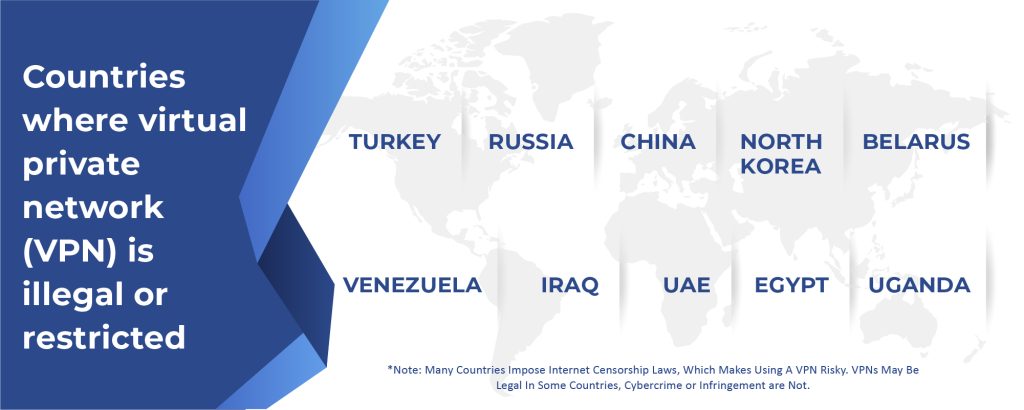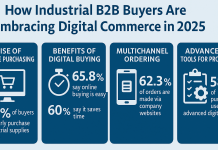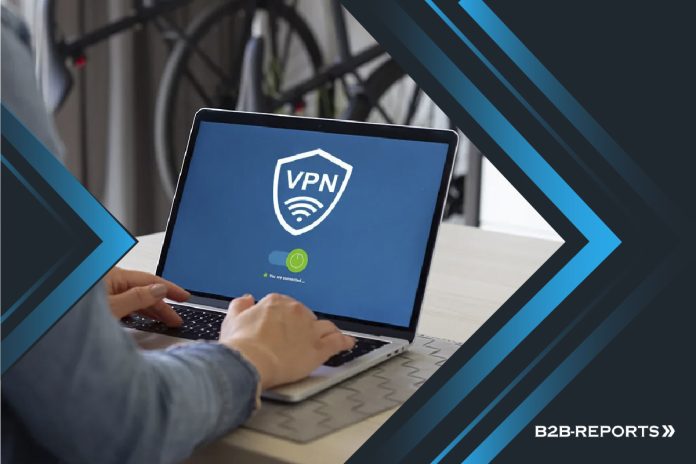Virtual Private Network (VPN) helps protect your internet connection and privacy online. It creates an encrypted passage for your data that helps protect your identity online, by camouflaging your IP address, and allows you to use public Hi-Fi hotspots safely.
Corporations especially are prone to more data breaches, as cybercriminals are getting more advanced, and more amount of compromised data is increasing. Most corporate companies should be proactive about cyber security and should put defensive measures in place before the disaster strikes.
Virtual private networks have seen a rise in their use in the corporate sections. With the ongoing pandemic, most companies have a remote working policy. Virtual private networks are easy to set up and are one of the most affordable cyber security options available today. They are part of every IT company’s infrastructure. VPN keeps data safe from the prying eyes of hackers.
Can VPN help your business?
There are a few companies that sell VPN software. They are consumer-oriented –tool that aims at keeping web activities private. They are installed to make sure to keep outside users from accessing their data centers. They create a permanent VPN tunnel that IT establishes between VPN- capable routers and those working outside the office or the main office. For example, connecting to an office’s headquarters.
VPN’s do have a significant impact on your company’s overall data safety. Here are a few benefits of Virtual Private Networks;
Remote Access: Nowadays remote working is a must, and most employees work from the comfort of their homes. By using a remote access VPN, your employees can log into the company’s network from anywhere and can have access to your office’s network. With the provided resources they can do their jobs, and your business data is secured.
Topographical- Independence: A few countries around the world have strict internet access laws. Your employees may face situations where users are blocked from using specific services. Provided your VPN services work in those areas, which they usually do, your employee can use the internet of their native country even if they are located in a less free country. You need to be familiar with your VPN’s privacy and logging policy.
Access Control: With VPN’s you can decide who gets access to which websites. Access control systems, authorize and authenticate users by evaluating required credentials. It helps in authorizing the appropriate access levels and permissions associated with the username and IP addresses.

How to choose VPN?
- Make sure they respect your privacy. They should have a no-log policy, i.e they do not track or log your online activities.
- Make sure they run on the most current protocol. OpenVPN is open-source software that works on all major operating systems.
- Make sure to check if they have set data limits. Depending on your internet usage, bandwidth would be an important deciding factor.
- Decide which server locations are important to you. Depending on the country you want to appear to access the web from, make sure there is a server there.
- Make sure to check if you can access multiple devices. Ideally, you should be able to use a virtual private network on all devices at the same time.
- Your VPN should immediately detect a sudden downtime and terminate pre-selected programs, to reduce the threat of data compromise.
- VPN should provide two-factor authentication, and keep a check on everyone who tries to log in.
A virtual private network provides a safe virtual tunnel between you and the internet. It secures you against external threats. It allows you to access regionally restricted content from anywhere in the world.
Make sure to not skimp out on VPN’s, they are cost-effective services and don’t require big budgets. Secure the future of your company by protecting all your crucial business data and servers using a strong virtual private network service.









